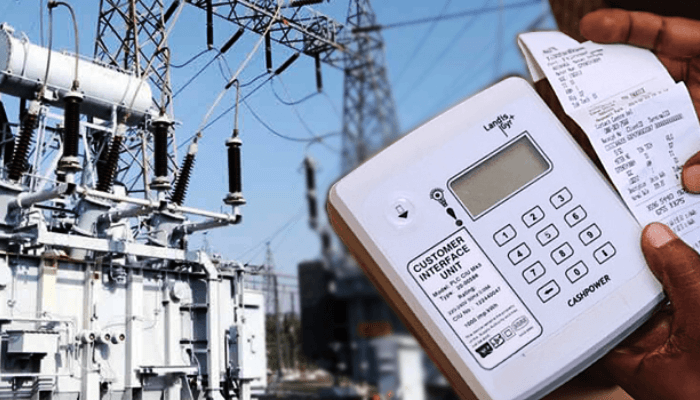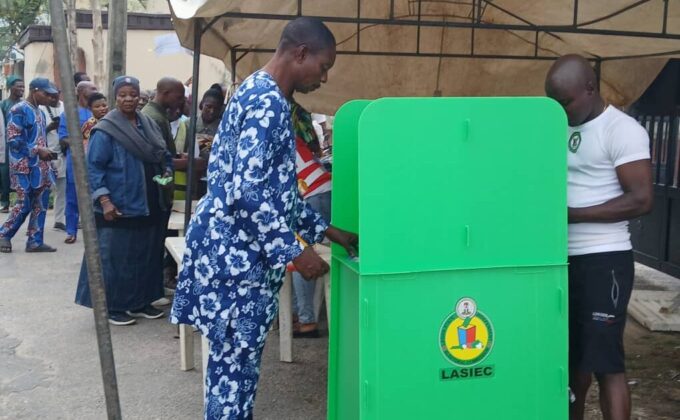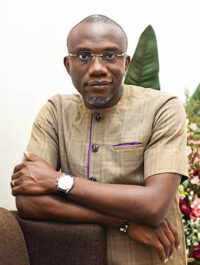From Isaac Anumihe, Abuja
The Nigerian Independent System Operator (NISO) has warned that the recent electricity tariff reduction could trigger serious disruptions in the power sector, potentially undermining market stability and contractual integrity.
Speaking at a stakeholders’ meeting convened in Abuja, NISO Managing Director/Chief Executive Officer, Abdul Mohammed, said the engagement was aimed at ensuring no decision is taken that could jeopardise the stability of the Nigerian Electricity Market or compromise operational obligations that guarantee reliable supply.
According to him, if the Enugu Electricity Regulatory Commission (EERC) proceeds with implementing the tariff cut, the system could face significant challenges.
“Such a measure, if implemented, could have serious operational implications, particularly at the Transmission Company of Nigeria (TCN)/distribution companies (DisCos) interfaces where power transfer capacity service level agreements (SLAs) are managed,” he said.
Mohammed explained that the decision has already raised questions about how such changes might affect the operations, dispatch, commercial arrangements, and financial equilibrium of the Nigerian Electricity Supply Industry (NESI) as a whole.
“Our role in convening this discussion is grounded in both our market administration and system operations mandates through the instrumentalities of the Electricity Act 2023, the market rules, and the grid code, which empowers the market operator to administer the wholesale electricity market, ensure compliance with market rules, and uphold contractual obligations.
“NISO’s mandate is to safeguard the financial integrity and orderly operation of the market. It requires us to convene consultations when any matter arises that could materially affect market operation or settlement. It assigns NISO responsibility for monitoring participants’ compliance with operational obligations, including dispatch instructions, system reliability, and service level agreements on power transfer capacity at TCN–DisCo interfaces.”
He stressed that NISO is responsible for maintaining both the commercial balance in the market and technical stability, noting that both could be jeopardised by the current situation.
“Hence, this intervention meeting is to ensure that no action disrupts the Nigerian Electricity Market stability, the integrity of contracts, or operational obligations that guarantee reliable supply.
“Let me be clear from the outset — NISO approaches this discussion with neutrality, respect, and an open mind. We are not here to question the authority of the regulator or the operators. We fully recognise the statutory powers of the Enugu State Electricity Regulatory Commission to regulate activities within its jurisdiction, and equally acknowledge the licence and operational responsibilities of the Enugu Electricity Distribution Company in serving its customers.
“However, NISO has a distinct statutory role as the administrator of the Nigerian wholesale electricity market and a quasi-regulator of market operations. Our mandate obliges us to safeguard the integrity of the market settlement framework, ensure contractual obligations are respected, and maintain the delicate balance that allows every participant — from generators to distributors, from regulators to consumers — to operate in a financially sustainable and technically reliable environment.
“Our objective today is to understand the facts, assumptions, and considerations behind this tariff adjustment; to examine its potential impact on the wider market and on existing contractual frameworks; and to explore, together, how we can harmonise state-level regulatory innovation with the commercial discipline and stability required in the wholesale electricity market.
“We believe that fair electricity prices, sustainable business operations, and a stable electricity market are not mutually exclusive goals — they are interdependent. Achieving all three requires dialogue, transparency, and coordination among all relevant institutions. I am confident that with the depth of expertise gathered here, our deliberations today will be constructive, respectful, and solutions-oriented,” he said.


















Leave a comment